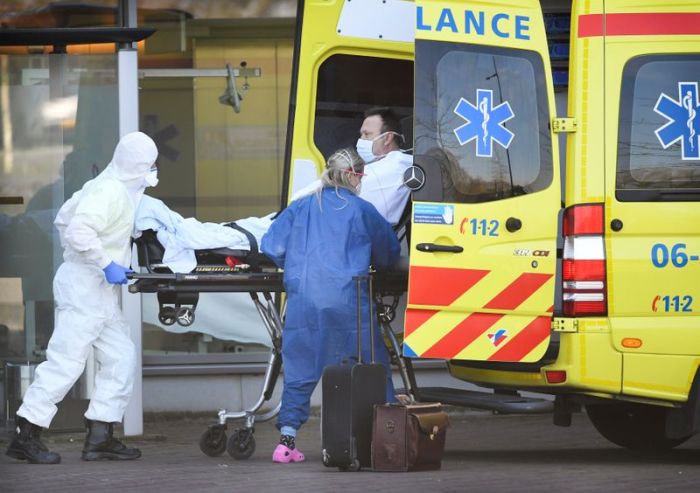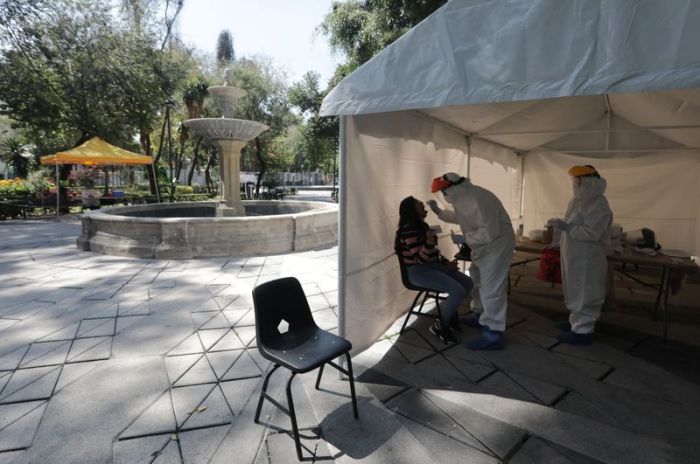ZURICH (Reuters) – Switzerland set a record for new COVID-19 infections on Friday with cases passing the 100,000 mark as a second coronavirus wave engulfs the country, whose infection rates far surpass those of its neighbours.
Confirmed cases in Switzerland and neighbouring Liechtenstein rose by 6,634 to 103,653, well beyond Wednesday’s 5,596 figure, and the death toll rose by 10 to 1,877.
Switzerland’s two-week infection rate per 100,000 residents “significantly exceeds” those of France and Spain, was more than twice the rates in Austria and Italy, and five times Germany’s infection rate, health officials said.
“We have now clearly overtaken all our neighbouring countries,” Stefan Kuster, head of the health ministry’s infectious disease bureau, told a news conference.
Tighter nationwide restrictions are expected from the federal government next week, while the country, which has a population of 8.6 million, still aims to keep businesses open, children in classes and hospitals operating near normal levels.
Even so, Germany has put Switzerland on its coronavirus risk list, warning residents to avoid ski regions in the Alpine republic, Austria and Italy as winter approaches.
Health officials acknowledged accelerating infections including in the banking centre of Zurich had come more quickly than anticipated. While intensive care units have room for more patients, they are filling, a Swiss Federal Institute of Technology graphic https://icumonitoring.ch showed.
“We have two to three weeks, if things continue like they are now, until the intensive care capacity has been exhausted,” said Martin Ackermann, head of the national COVID-19 Science Task Force.
Testing and tracing capacity is also stretched, with officials appealing to those who test positive to personally inform people with whom they have had contact.
“When exponential growth begins, then it really takes off,” Christiane Meier, the cantonal doctor in Zurich, said. “We expected a second wave. We have to admit, we hadn’t expected it to happen so quickly.
(Reporting by John Miller; editing by Thomas Seythal and Michael Shields and Angus MacSwan)


























